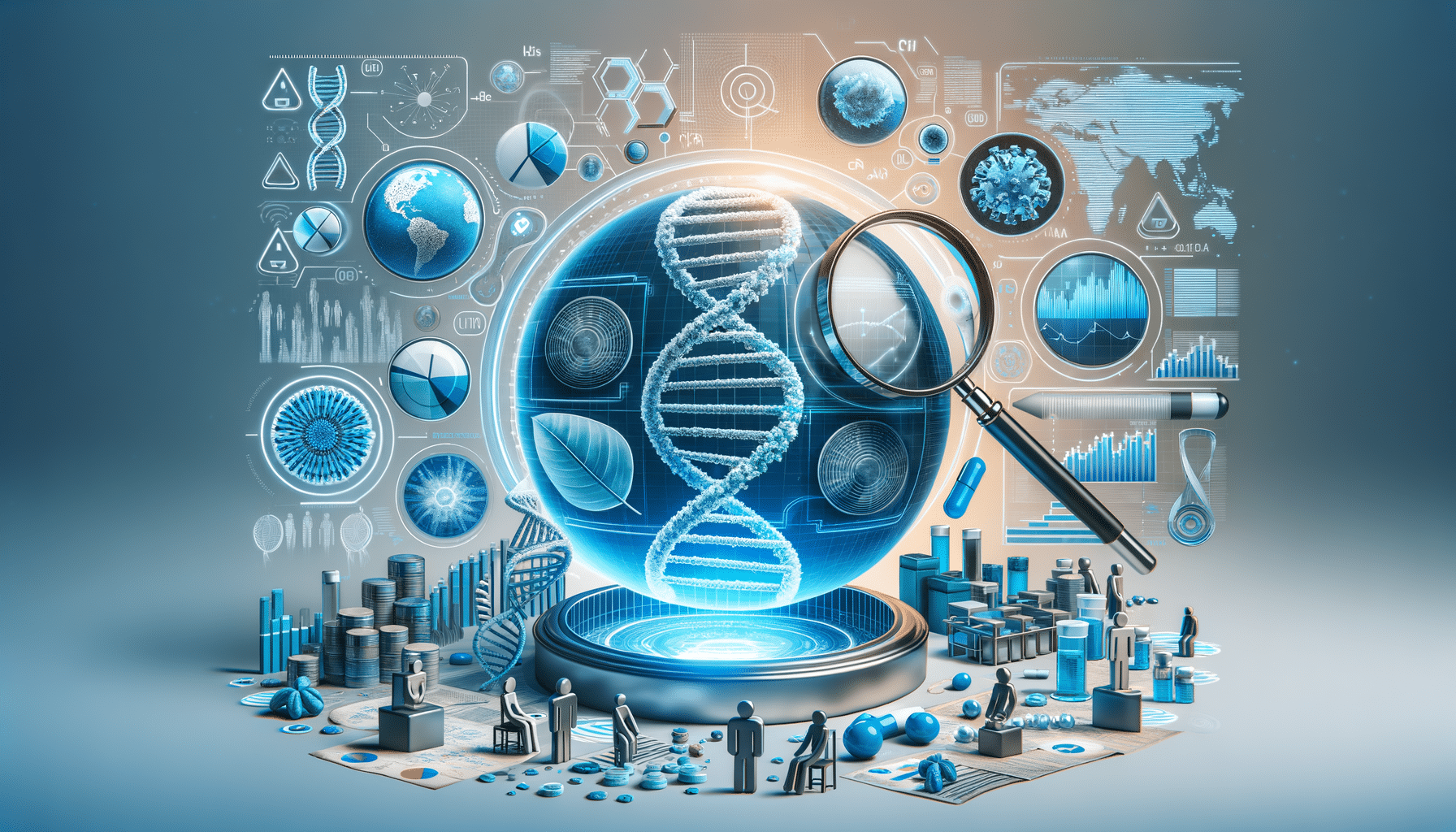
Uncover Your Ancestral Roots with DNA Testing
Introduction to DNA Testing
DNA testing has revolutionized the way we understand our origins and genetics. With the advancement of technology, individuals can now explore their ancestry in depth, uncovering stories and connections that were once lost to time. This fascinating field of study not only helps in tracing family lineages but also offers insights into genetic predispositions and health risks. The importance of DNA testing in today’s society cannot be overstated as it bridges the gap between past and present, allowing individuals to connect with their heritage in unprecedented ways.
The Science Behind DNA Testing
At the core of DNA testing is the analysis of the genetic material that makes each individual unique. DNA, or deoxyribonucleic acid, is the hereditary material present in humans and almost all other organisms. It contains the instructions needed for an organism to develop, survive, and reproduce. DNA testing involves extracting this genetic material from a sample, usually saliva or a cheek swab, and analyzing it for specific markers that can provide information about ancestry and genetic health.
There are several types of DNA tests available, each serving different purposes. Autosomal DNA tests are commonly used for ancestry testing as they analyze the 22 pairs of chromosomes that are not sex chromosomes, providing a broad view of an individual’s genetic heritage. Mitochondrial DNA (mtDNA) tests trace maternal lineage, while Y-DNA tests are used to explore paternal ancestry. These tests collectively offer a comprehensive view of one’s genetic background.
Advancements in genetic technology have made DNA testing more accessible and affordable, allowing more people to explore their ancestry. The data derived from these tests is often compared against large databases to identify potential relatives and ancestral origins, making it a powerful tool for genealogical research.
Applications of DNA Testing
DNA testing has a wide range of applications beyond just tracing family history. One of the significant uses is in the field of personalized medicine. By understanding an individual’s genetic makeup, healthcare providers can tailor medical treatments to the patient’s unique genetic profile, potentially improving the effectiveness of therapies and reducing the risk of adverse reactions.
Moreover, DNA testing is crucial in forensic science, where it is used to identify individuals involved in criminal cases. The accuracy and reliability of DNA evidence have made it a cornerstone in modern forensic investigations, helping solve cases that were previously considered unsolvable.
Another interesting application is in the field of anthropology, where DNA testing helps researchers understand human migration patterns and the evolutionary history of different populations. This has led to groundbreaking discoveries about how ancient humans moved across continents and adapted to various environments.
Ethical Considerations in DNA Testing
While DNA testing offers numerous benefits, it also raises several ethical concerns. Privacy is a significant issue, as genetic information is sensitive and personal. There are concerns about how this data is stored, shared, and potentially used by third parties. Many companies have policies in place to protect consumer data, but it’s essential for individuals to be aware of these policies and understand their rights.
Another ethical consideration is the potential for genetic discrimination. There is a fear that individuals could be discriminated against based on their genetic information, particularly in areas like employment and insurance. Laws such as the Genetic Information Nondiscrimination Act (GINA) in the United States have been enacted to prevent such discrimination, but concerns persist.
Additionally, the accuracy of DNA tests can vary, and there is a risk of misinterpretation of results. It’s crucial for individuals to approach DNA testing with a clear understanding of its limitations and to seek professional guidance when interpreting complex genetic data.
Conclusion: Embracing the Future of DNA Testing
DNA testing is a powerful tool that opens doors to understanding one’s heritage and genetic health. As technology continues to evolve, the potential for new discoveries and applications grows. While there are challenges and ethical considerations to navigate, the benefits of DNA testing in connecting individuals with their past and informing their future are immense.
For those interested in exploring their ancestry, DNA testing offers a unique opportunity to uncover stories and connections that transcend time and geography. It is an invitation to embrace one’s roots and gain a deeper understanding of the intricate tapestry of human history.


